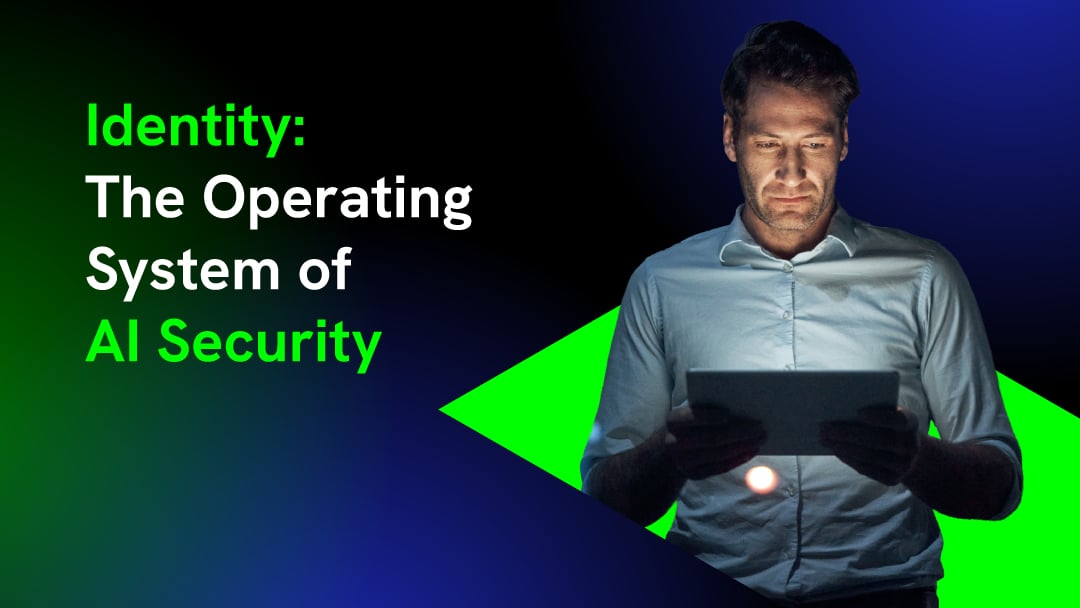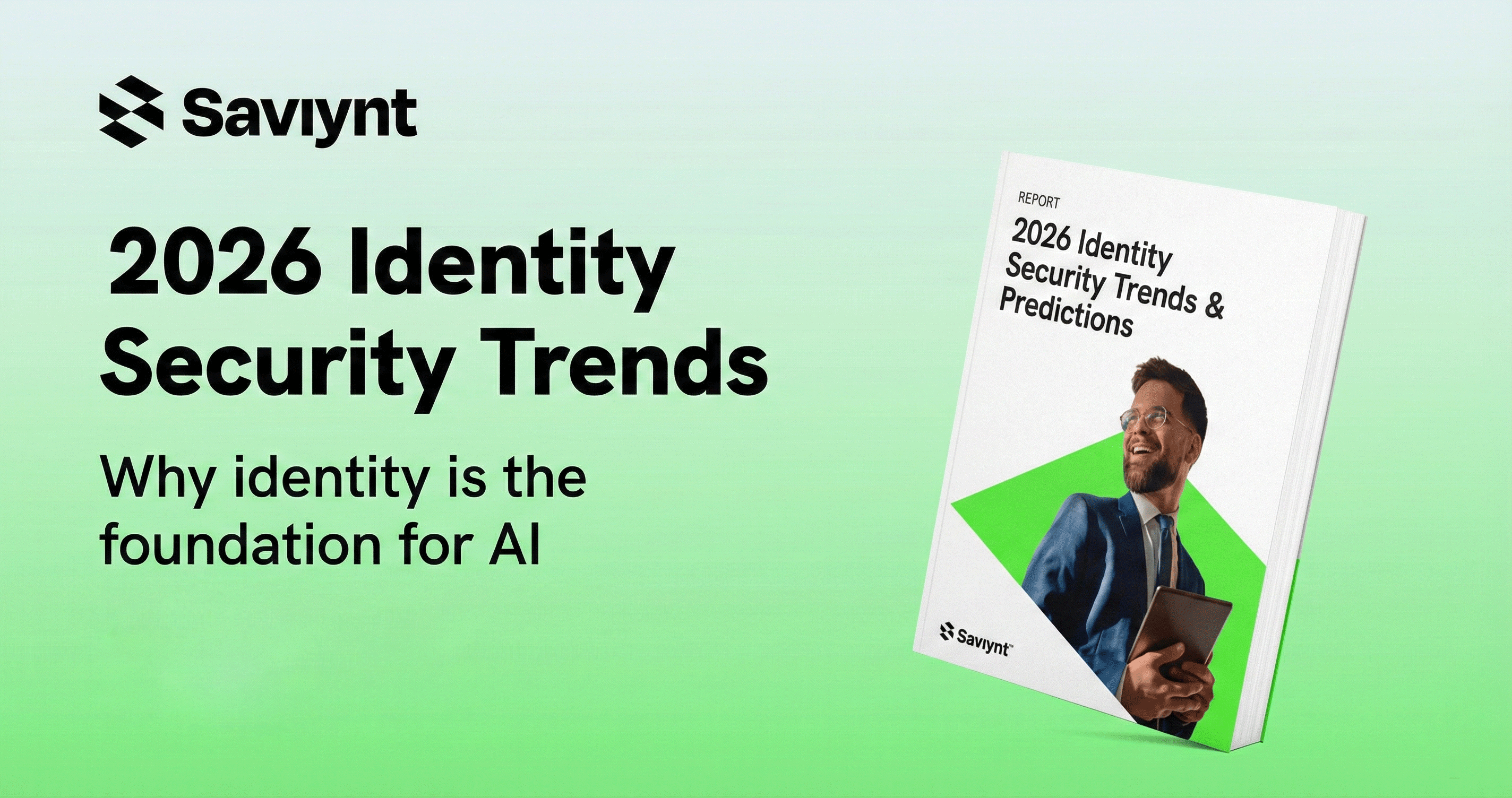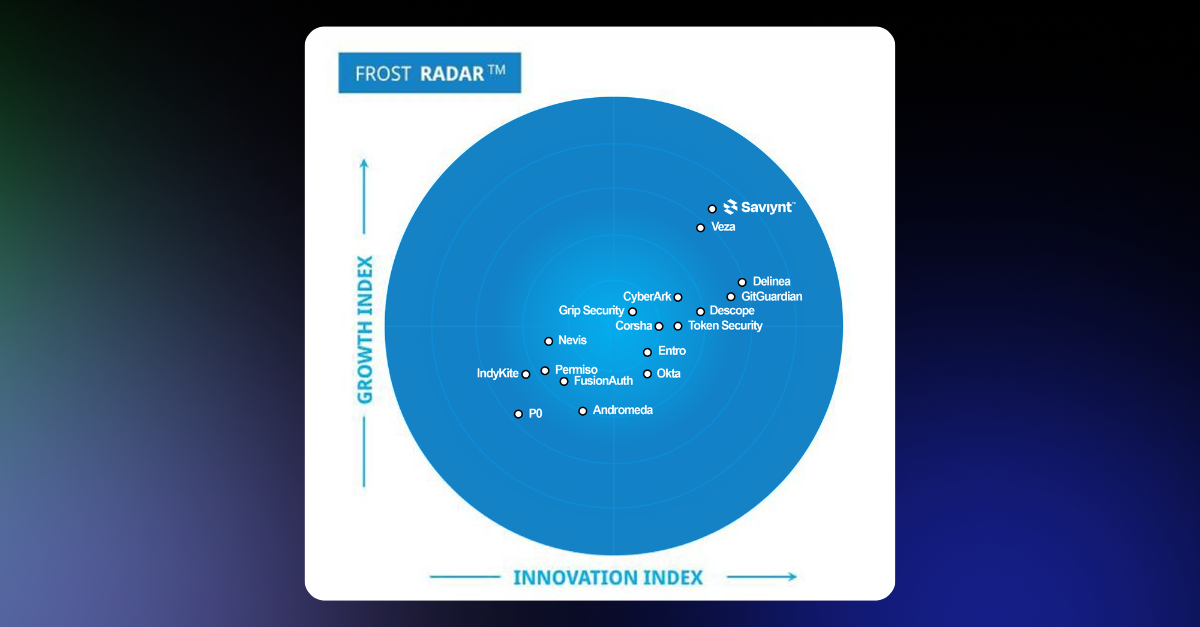As I write this, I’m wearing a 20 year old flannel shirt that I absolutely love. It’s kept me warm and comfortable, and it’s traveled around the world with me. But it’s showing its age. The collar started fraying a couple of years ago and through all of the washings, no matter how much fabric softener I use, it’s just not that comfortable anymore. (I’m also not allowed to wear it in public anymore.) Why am I bringing this up?
We gravitate to the things we’re used to. Because they’re familiar. We know what to expect and how to work around any challenges that come up. But at some point we accept the fact that what we have no longer works for us. Maybe it’s taking too long to fix the quirks, or solving one issue triggers another one that takes more time and effort to correct than it’s probably worth. Or it’s getting too expensive to maintain. The point is, change is inevitable, but how you approach change matters.
When it comes to identity security, many organizations are currently facing a decision: Do we keep our existing identity security solution or move to something new?
The Legacy Challenge
For most people, it’s easier to make business decisions because we can remove sentimentality associated with making personal ones from the equation. Business decisions are driven by usefulness, usability, and cost/return on investment. Organizations using legacy, on-premises solutions are faced with a number of challenges that are driving the need to modernize.
Attributes of legacy identity security solutions
- Complex technology stacks
- Heavy customization requiring deep technical skills
- Complicated upgrades
- Series of point products to close gaps
On top of this, most legacy providers, if they haven’t already, are sunsetting their platforms over the next few years. Users of legacy solutions are still faced with existing challenges, but in a landscape where there is little to no innovation and with a reduction in support services resulting in even higher costs. As legacy solutions age, their hidden costs become more visible.
If you’re challenged with any of the following issues, the time may be right to modernize your identity security program with a cloud-architected solution:
- Complicated management relying on manual processes
- Complex updates and upgrades relying on extensive coding or professional services
- Failed audits and reporting gaps
- Expensive operational and support costs
The Legacy Vendor’s Path for Modernization
While legacy providers are moving their solutions to the cloud, their challenges often remain. This is mostly due to the fact that many of these solutions were built through acquisitions and contain disparate software components. Building a solution in this manner can result in ongoing management challenges regardless of how they are delivered. Upgrades can also still rely on heavy customization and coding needs, along with substantial costs for ongoing professional services. Each component can also still have differing upgrade schedules that could negatively impact performance of other parts of one’s identity security program.
Legacy providers still primarily view the world with a single application provider lens where they’re the only critical application, while most organizations rely on multiple enterprise resource planning (ERP) software and other applications to drive modern business demands. Legacy solutions may only support the software they provide, with limited integrations to non-vendor provider critical applications. They don’t integrate with other security technologies to support robust reporting. And they still rely on disparate solutions that aren’t integrated, are built on separate code bases, and can’t efficiently or effectively communicate enterprise risk.
So while you may save costs by no longer having to maintain on-premises technologies, other challenges remain, often negating any perceived benefits.
Learn the five questions everyone should be asking when modernizing their IGA program with our IGA Buyer’s Guide
Defining Converged Identity Platforms – Modern Identity Security for Modern Times
The ideal situation for any solution would be to have all capabilities provided through a single platform, not built through dis-integrated solutions. Doing so would simplify management, increase productivity, and reduce implementation and operational costs. Thankfully, that is a reality with converged identity platforms.
Converged identity platforms don’t just shift on-premises and disparate solution components to the cloud. They are specifically architected as a single solution that delivers historically separate identity security capabilities. Gone are the days when administrators had to learn different tools and have deep technical coding skills to try and manage the ever increasing numbers of identities and security threats. Comprehensive capabilities with functionality that is feature-rich and enterprise ready means organizations no longer have to continuously buy point products to plug gaps in their programs.
Converged platforms are also better positioned to tap into identity security intelligence. Historically, administrators have had to pull information from multiple systems, normalize it (often through manual processes), and then create reports to assess their security posture and deliver accurate reports to internal and external auditors. With all information residing in a single repository, intelligence and reporting can be better utilized throughout one’s identity program.
The Answer - The Identity Cloud from Saviynt
The Identity Cloud from Saviynt is the industry leader in providing cloud-based identity security capabilities on a converged platform for organizations looking to move off of legacy, on-premises solutions. The Identity Cloud was built by incorporating robust identity security capabilities in a single platform, architected on a single code base that streamlines management, the overall user experience, and regulatory compliance. With Identity Governance and Administration (IGA), Privileged Access Management (PAM), and application governance, risk and compliance (GRC) capabilities ingrained in a single solution, organizations can see immediate tangible benefits.
The Identity Cloud from Saviynt Delivers
- One solution combining IGA, PAM and application GRC capabilities
- Unified reporting mapped to industry standards and frameworks
- Simplified auditing and validation of continuous compliance
- Elimination of expensive coding and professional services needs
- Dynamic peer grouping that eases automation and risk-based decision making
The Identity Cloud lets organizations onboard once and turn on features when needed with IGA, PAM, and application GRC capabilities leveraging the same baseline architecture and user interface. A single platform eliminates concerns with complicated upgrades of disparate product sets that may cause downstream functionality issues.
The Identity Cloud’s single code architecture means only one connector is needed to onboard applications for IGA, PAM, and application GRC. One connector can handle all aspects of identity security, expediting onboarding, eliminating customization, and saving costs.
The Identity Cloud leverages intelligence through advanced machine learning to power dynamic peer groups that let organizations deliver on the promise of automation and risk-based recommendations. Leveraging up to 40 different HR characteristics, while analyzing 14 internal risk signals, allows The Identity Cloud customers to more accurately govern access, substantially reducing an organization’s risk profile. And in the near future, Generative AI will further simplify tasks for administrators and end users through a natural language interface (NLI) that will provide fine tuned insights, recommendations, and task automation.
The Identity Cloud from Saviynt delivers IGA, PAM, and App GRC for internal and external identities, whether human or machine, in a single solution to support all identity security needs.
While most legacy vendors are still buying outside products to complete their suites or simply moving disparate solutions to the cloud, Saviynt provides a truly modern solution. Eliminate excessive and unnecessary management headaches, reduce the need for customization and professional services, and increase security program adoption with a single identity security solution that adjusts and scales as your needs evolve.
If you’re interested in learning more about the benefits of modern identity security or The Identity Cloud from Saviynt can deliver for your organization, please reach out to us. Our global team of identity experts are ready to help and will be available to meet with you during Identiverse May 28-31 at Booth #1606 inside the Aria Resort in Las Vegas.







